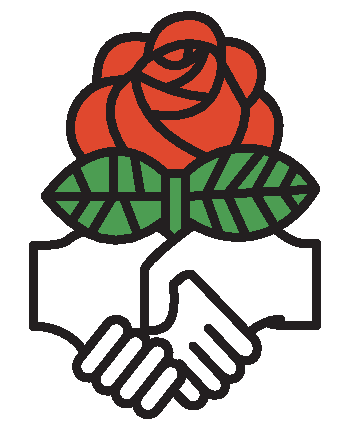The Role of Rural Women in the Process of Global Development
Nuevo Vallarta, Mexico, 14-15 November 2008
Resolution
The economic model that many countries have adopted over the past two decades has increased inequalities in the global population. In this situation, poverty is increasing and is particularly hitting women, especially rural women, who account for over a quarter of the world population and two thirds of the illiterate population.
Millions of rural women face a double working day: responsibility for children and the chores of a precarious household, as well as work in the field. Rural women are also faced with a scarcity of food and with illness, without access to even the minimum resources with which to attend to their health and that of their family. At the same time, rural women suffer the consequences of environmental deterioration and climate change. In many cases they are forced to walk for hours in order to collect vital water supplies. They also work long days, in exchange for a meagre salary, and their work is very far from being duly recognised, which leads to the indignity of exploitation. It is therefore vitally important to promote immediate, effective and efficient public policies to assist rural women, and this way achieve an improvement in their living conditions.
The Socialist International Women (SIW) believe that measures must be taken that have an effect on the fundamental rights and values of rural women, specifically access to food, to education, to health, to a sustainable environment, and to self-management. In addition to being a matter of justice for them, these fundamental rights and values represent an area of opportunity, and therefore an essential lever and development mechanism for rural women at all levels.
Consequently, the Socialist International Women call on governments:
- To implement specific measures and policies to eradicate the feminisation of poverty, and the exclusion and social marginalisation of rural women;
- To pay attention and recognise the factors that force rural women to migrate and emigrate in search of better opportunities, and at the same time find and implement solutions to reduce migration and emigration;
- To target development aid and cooperation with a focus on the needs of rural women in order to provide them with the basic needs for their livelihood and this way help reduce migration and emigration and eventually bring these to an end;
- To formulate and implement specific legislation aimed at rural women, to define and guarantee cover by social security, food and education schemes, whilst taking into account their cultural and socio-economic conditions;
- To recognise the unacceptable reality of illiteracy which, as statistics show, is particularly high among rural women, and therefore implement specific programmes to guarantee full access to education and especially bilingual education for ethnic populations, according to their linguistic and cultural characteristics, whilst making sure that this cultural diversity respects human rights;
- To undertake and pledge full access to health services for rural women, including reproductive health services, and to look into their primary causes of death;
- To guarantee unlimited access for rural women to the benefits of land usufruct and ownership, credit, training and technology, taking into account female heads of family, widows and women living in consensual unions;
- To generate measures for rural women to take part in decision-making at all economic, political, social and cultural levels, and this way achieve gender equality in public policies.
Also, SIW calls on the IMF and the World Bank to extend their micro-credit programmes that benefit rural women.
Finally, SIW calls on governments in developing countries to take responsibility and show strong leadership in tailoring development aid to the needs of rural women.

